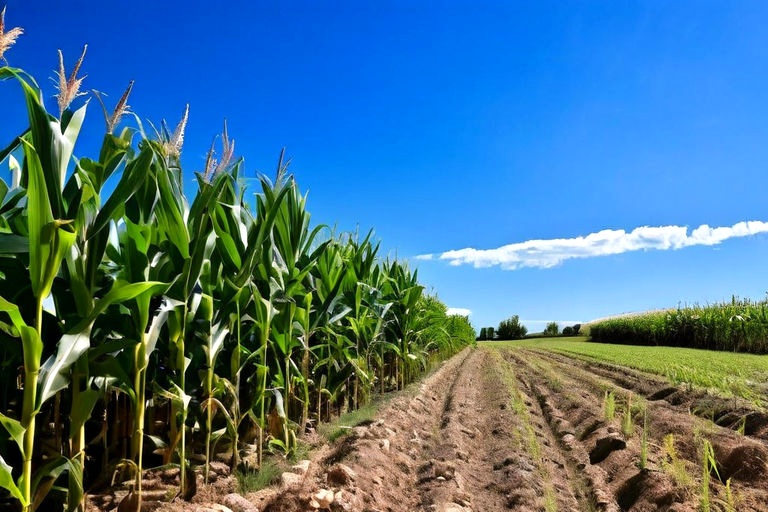What are the benefits of transitioning to sustainable farming practices?

The Benefits of Transitioning to Sustainable Farming Practices
As the world's population continues to grow, the demand for food production increases exponentially. This demand has led to the development of intensive farming practices that, while efficient, often cause significant harm to the environment. Consequently, there is an increasing shift towards sustainable farming practices. This approach focuses on producing food in a way that preserves the environment and maintains soil fertility, rather than depleting it. The benefits of transitioning to sustainable farming practices are numerous and extend beyond environmental preservation. They encompass economic profitability, social equity, and overall health and wellness.
Environmental Benefits
Sustainable farming practices have a profound positive impact on the environment. They promote biodiversity by providing a habitat for a variety of species. This is in stark contrast to conventional farming methods that often lead to a loss of biodiversity due to the extensive use of pesticides and monocultures. Sustainable farming also helps mitigate climate change by reducing greenhouse gas emissions. Practices such as cover cropping and rotational grazing sequester carbon in the soil, helping to offset emissions. Furthermore, sustainable farming methods help conserve water and reduce soil erosion, ensuring the longevity of our precious natural resources.
Economic Benefits
A transition to sustainable farming practices also yields significant economic benefits. Sustainable farming practices often require less input in terms of synthetic fertilizers and pesticides, reducing costs for farmers. Furthermore, sustainable farms often diversify their production, growing a variety of crops and raising different types of livestock. This diversity not only makes farms more resilient to market and climate fluctuations but can also increase profitability by offering a wider range of products for sale. Additionally, with the growing consumer demand for organic and sustainably-grown products, farmers practicing sustainable methods often have a competitive advantage in the market.
Social and Health Benefits
The transition to sustainable farming practices also has profound social and health benefits. Sustainable farming promotes social equity by creating vibrant rural communities. It supports fair trade and local food systems, fostering a stronger connection between farmers and consumers. This not only benefits the local economy but also enhances the social fabric of the community. From a health perspective, sustainable farming practices lead to the production of food that is free from harmful chemicals and genetically modified organisms. Consuming such food can result in improved health outcomes, including reduced risk of chronic diseases and improved overall wellbeing.
Continuous Growth and Learning
Transitioning to sustainable farming practices also provides an opportunity for continuous growth and learning. It encourages farmers to experiment with new techniques and learn from their successes and failures. This constant evolution and adaptation not only make farming more resilient to changes in climate and market conditions but also make it a more rewarding and fulfilling profession.
Conclusion
In conclusion, the transition to sustainable farming practices offers a myriad of benefits. These range from environmental preservation and economic profitability to social equity and improved health outcomes. While the transition may require an initial investment in terms of time and resources, the long-term benefits far outweigh these costs. It is a viable and necessary strategy for ensuring the longevity of our planet and the health and wellbeing of future generations. Transitioning to sustainable farming practices is not just a choice, but a necessity for a sustainable future.

